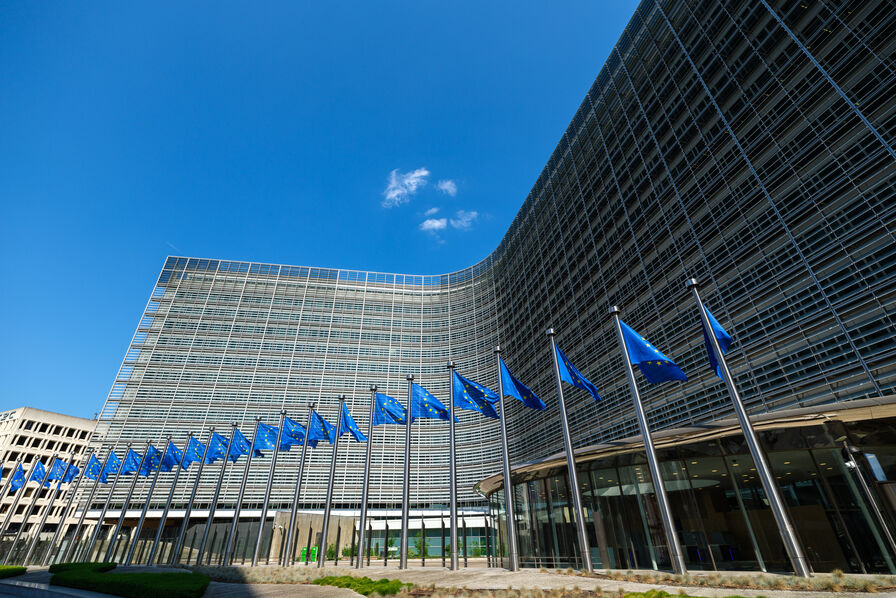Friday October 13 in Brussels, one word was on everyone’s lips: the “Scopaff”, for “Standing committee on plants, animals, food and feed”, or, in French, the Standing Committee on Plants, Animals, Foodstuffs and animal feed. Because it is within this “Scopaff”, one of the favorite acronyms on the European market, that the future of glyphosate, this molecule which is used in particular to develop the very controversial Roundup, is at stake. But this Friday the 13th did not bring luck to the European Commission: its proposal, unveiled in September and aimed at renewing the authorization of this herbicide for ten years in the European Union (EU), did not obtain approval. of member states.
At “Scopaff”, which is none other than a committee dependent on the European executive and which brings together national experts, decisions are taken by qualified majority. To renew the authorization of glyphosate, which has, since 2015, been considered a “probable carcinogen” for humans by the International Agency for Research on Cancer of the World Health Organization (WHO), it was necessary that 55% Member States, representing at least 65% of the EU population, agree. But it has not happened.
At the end of two days of meetings, when a formal vote was organized at the end of the morning, Austria, Croatia and Luxembourg voted against the reauthorization. France abstained, as did Germany, Belgium, Slovenia and Malta. On the European political scene, the Baltic countries and the Nordic countries are considered the most favorable to the use of glyphosate.
An initial modified proposal
To try to convince as many people as possible, the Commission had, before this crucial “Scopaff” meeting, reworked its initial proposal: the reauthorization period of 10 years was maintained, but new safeguards were introduced, as by example of maximum herbicide use thresholds – per hectare and per year. This was not enough to convince Paris or Berlin, capable on their own of tipping the balance to one side or the other.
The European executive, which stands behind the European Food Safety Authority (EFSA), for which there is no “area of critical concern” in humans, animals and the environment likely to prevent authorization of the substance, must therefore review its copy once again. A new version of its “executing act” is expected at the end of October, and a new vote should be organized at the beginning of November.
The European Parliament, for its part, is trying as best it can to make itself heard (even if, in this opaque process known as “comitology”, it does not have a direct say): the Greens group has already already filed an objection calling for the pesticide to be banned. This resolution will be put to the vote in the Environment, Public Health and Food Safety Committee on Tuesday, October 24.
This article is originally published on







